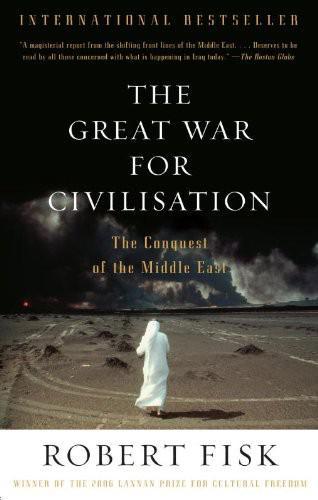
The Great War for Civilisation: The Conquest of the Middle East
by Robert Fisk · 2 Jan 2005 · 1,800pp · 596,972 words
House of Lords in 1989—a year after the end of the Iran–Iraq War and shortly after the arrest in Baghdad of Observer journalist Farzad Bazoft and his friend, the British nurse Daphne Parish—when Lord Hylton asked how the British government “justify their action in guaranteeing new credits to Iraq
…
toured the battlefield with the Iraqis afterwards. The writer of the Observer report, who had been invited by the Iraqis to enter “liberated” Fao, was Farzad Bazoft. He had just two more years of his life to enjoy. Then Saddam hanged him. Our train back to Tehran contained the usual carriages of
…
Iraqi regime has killed a few journalists of its own over the years, along with tens of thousands of its own people. The name of Farzad Bazoft came to mind. But something very dangerous appeared to be getting loose. Blount’s explanation was the kind employed by the Israelis after they have
…
was here that Saddam’s special political prisoners were brought for vicious interrogation—electricity being an essential part of this—and it was here that Farzad Bazoft, the Observer correspondent, was brought for questioning before his dispatch to the hangman. It’s also graced with delicately shaded laneways, a children’s creche
…
Baghdad.208 Of course, we were taken on a statutory visit to Abu Ghraib’s old death chamber, the double hanging room in which poor Farzad Bazoft of The Observer and thousands of Iraqis were put to death. General Karpinski gave the lever a tug and the great iron trapdoors clanged open
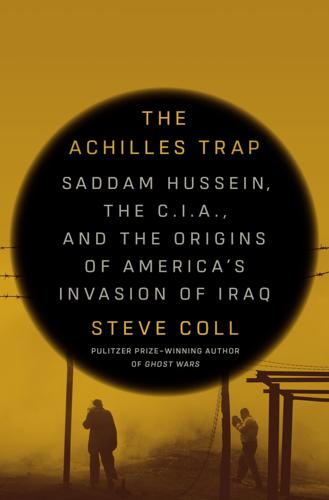
The Achilles Trap: Saddam Hussein, the C.I.A., and the Origins of America's Invasion of Iraq
by Steve Coll · 27 Feb 2024 · 738pp · 196,803 words
Achilles’ heel,” Saddam assured his audience.[2] * * * — Saddam was in a broadly defiant mood. He had imprisoned a thirty-one-year-old British resident named Farzad Bazoft, a boyish-looking freelance journalist of Iranian origin who wrote for The Observer. His favorite film was The Killing Fields, about a heroic foreign correspondent
…
3 CRRC SH-SHTP-A-000-910. CRRC logged the conversation as “undated (sometime after 1989).” The discussion makes clear that it took place between Farzad Bazoft’s sentencing and execution. BACK TO NOTE REFERENCE 4 Augusta Anthony interview with Robin Kealy. BACK TO NOTE REFERENCE 5 “Thatcher wanted him alive”: Salah
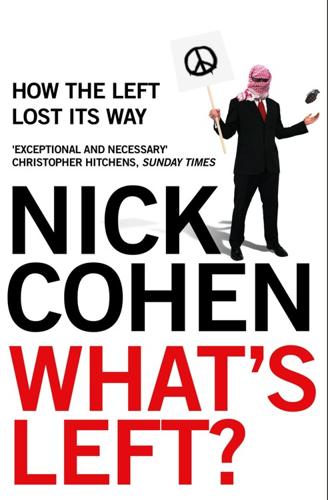
What's Left?: How Liberals Lost Their Way
by Nick Cohen · 15 Jul 2015 · 414pp · 121,243 words
Fleet Street in 1987 to try my luck as a freelance. I wangled myself a desk next to a quiet and handsome young Iranian called Farzad Bazoft in the old Observer newsroom round the corner from St Paul’s Cathedral. In 1989, he went to Iraq. Extraordinary reports were coming out about
…
to its victims. Their struggle was our struggle. Truly, it was. There was one exception. The Tories who made excuses for the judicial murder of Farzad Bazoft and the other crimes of Saddam Hussein did have their counterparts in a small group on the Left in the Seventies and Eighties. It barely
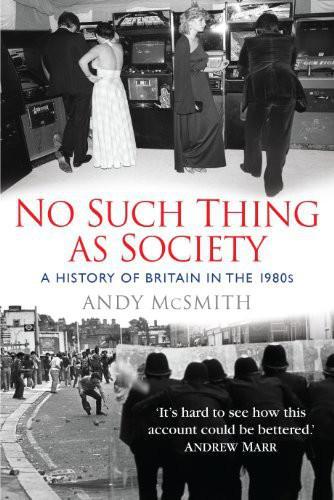
No Such Thing as Society
by Andy McSmith · 19 Nov 2010 · 613pp · 151,140 words
, until it transpired that the bailiff s had gone to the wrong flat.6 The thousands who were caught out included an Iranian exile named Farzad Bazoft , who had been unable to return home since the 1979 revolution. He had taken out a 100 per cent mortgage on a £69,000 one
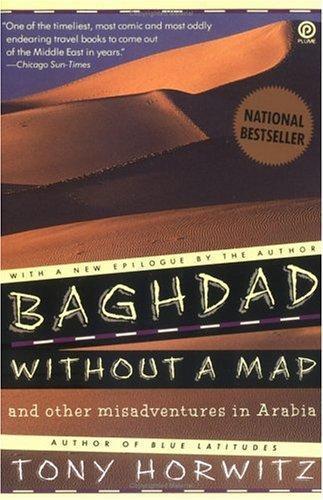
Baghdad Without a Map and Other Misadventures in Arabia
by Tony Horwitz · 1 Jan 1991 · 302pp · 91,517 words
trip that would let me survey the countryside). Hadithi's calm face curled into a chilling smile. “To follow the line of Bazoft?” he asked. Farzad Bazoft, a London-based journalist, had been hanged by the Iraqis a few months before, accused of spying during a drive south near Babylon. In the
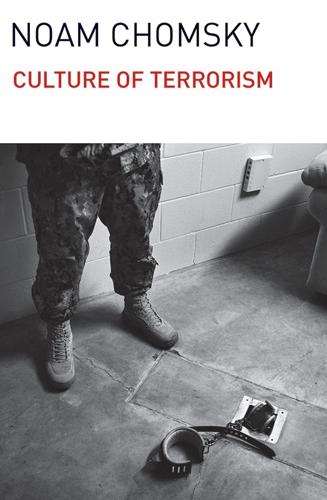
Culture of Terrorism
by Noam Chomsky · 19 Oct 2015
may well have elicited the oblique references just cited; In These Times, Nov. 26, 1986. 18. NYT, Aug. 3, 1987. 19. Simon du Bruxelles and Farzad Bazoft, Observer, Nov. 30, 1986. 20. Simon de Bruxelles and Hugh O’Shaughnessy, London Observer, July 26, 1987; Die Welt (Bonn), Sept. 29, 1987; Newsday-BG